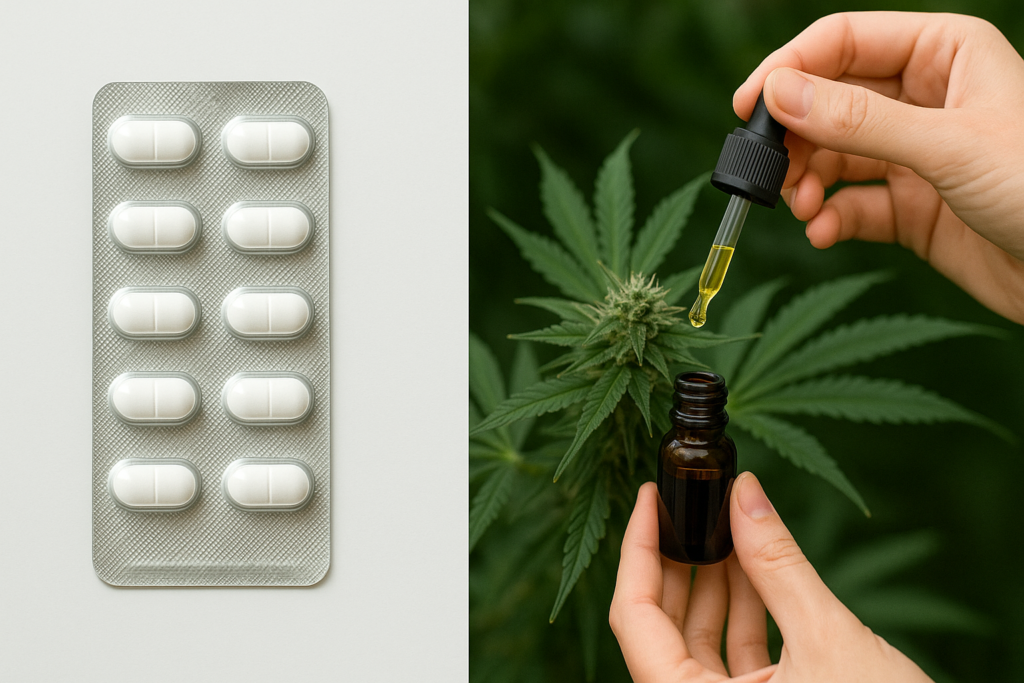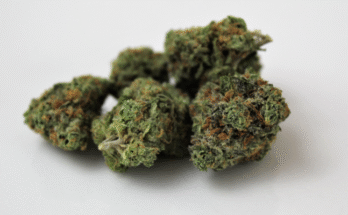On Monday, Donald Trump unexpectedly endorsed CBD as a tool that could “revolutionise senior healthcare,” sending cannabis stocks into a frenzy.
In a Truth Social post, Trump claimed cannabis-derived CBD could help slow disease progression and offer alternatives to prescription drugs for older Americans.
The markets reactedd: Tilray surged 42%, Aurora Cannabis jumped 25%, Canopy Growth rose 18%, and cannabis-focused ETFs like MSOS saw record gains. For a sector that has bled value over the past year, the rally was a rare jolt of optimism.
“Any support goes a long way for this beleaguered sector,” said Ben Laidler, head of equity strategy at Bradesco BBI.
Why Trump’s words matter
This isn’t the first time Trump has flirted with cannabis reform. During his first term, the 2018 Farm Bill legalised hemp production and set the stage for the CBD boom. Now, he’s hinting at something bigger: a possible reclassification of cannabis under the Controlled Substances Act.
Currently listed as Schedule I – the same category as heroin – cannabis is officially considered to have “no accepted medical use.” Moving it to Schedule III, as recommended last year by U.S. health agencies, wouldn’t mean legalisation, but it would reduce penalties and ease the brutal tax burden under Section 280E that prevents cannabis companies from claiming normal business deductions.
For businesses, that shift could be transformational: opening access to institutional capital, boosting profitability, and even paving the way for U.S. stock exchange listings.
Seniors, CBD, and the politics of health
So why frame this around senior healthcare? It’s a clever political play. Older voters are among the most sceptical demographics when it comes to cannabis reform. By championing CBD as a tool for conditions like arthritis, neurodegeneration, or chronic pain, Trump is pitching cannabis as a wellness product rather than a recreational drug.
It also echoes a broader cultural trend, as Americans of all ages are cutting back on alcohol and prescription meds, with plant-based alternatives gaining ground. Cannabis, reframed through CBD, suddenly looks less countercultural and more like an extension of the wellness aisle.

Boom or Bubble?
But before investors pop champagne, some context is needed. Cannabis stocks are notorious for swinging wildly on political whispers. As analyst Daniela Hathorn warns:
“This doesn’t mean it’s legalizing the drug, but it does reduce some of the burden on the companies … I do think there is further room for these stocks to move higher if it’s confirmed that the reclassification is happening.”
In other words, until actual policy changes materialise, markets are trading on vibes.
And those vibes have burned traders before. Canopy Growth, for instance, has lost nearly half its value this year despite this week’s rally.
What’s next?
If cannabis is reclassified, it could mark the first real narrowing of the gap between state-level legalisation and federal prohibition. Nearly 40 U.S. states now allow cannabis in some form, but federal law still hangs over the industry like a guillotine. Reclassification wouldn’t fix everything, but it would be the biggest federal shift since the Farm Bill.
Companies like Canopy Growth are already positioning themselves:
“We’re encouraged by the U.S. administration’s recognition of cannabis … and through our U.S. holdings in Canopy USA, we’re ready to participate meaningfully as the path forward becomes clear.”
For patients, especially seniors, the stakes are equally high. If CBD really is embraced as a mainstream therapeutic, it could accelerate access, normalise usage, and dismantle decades of stigma.
For now, the cannabis world is left with a familiar feeling: cautious optimism, tempered by the knowledge that politics is a long, strange trip.
Sign up to our free newsletter below, and we’ll send you a weekly update on all things weed in the UK – as well as our guide to accessing medical cannabis in the UK.




